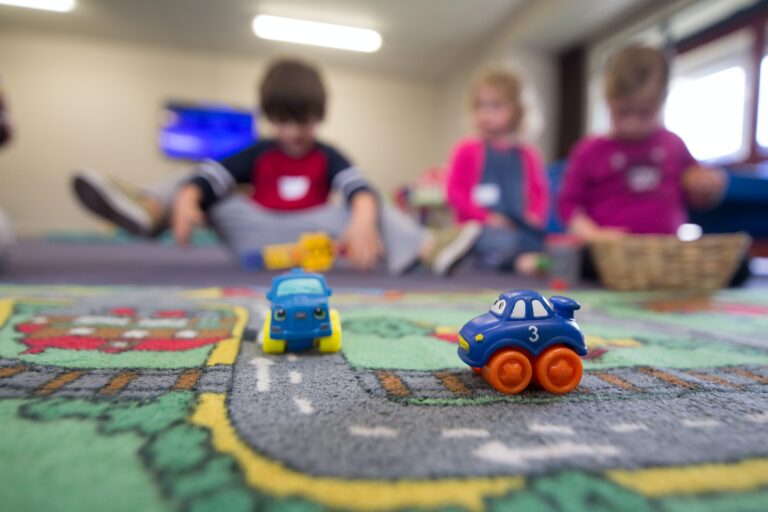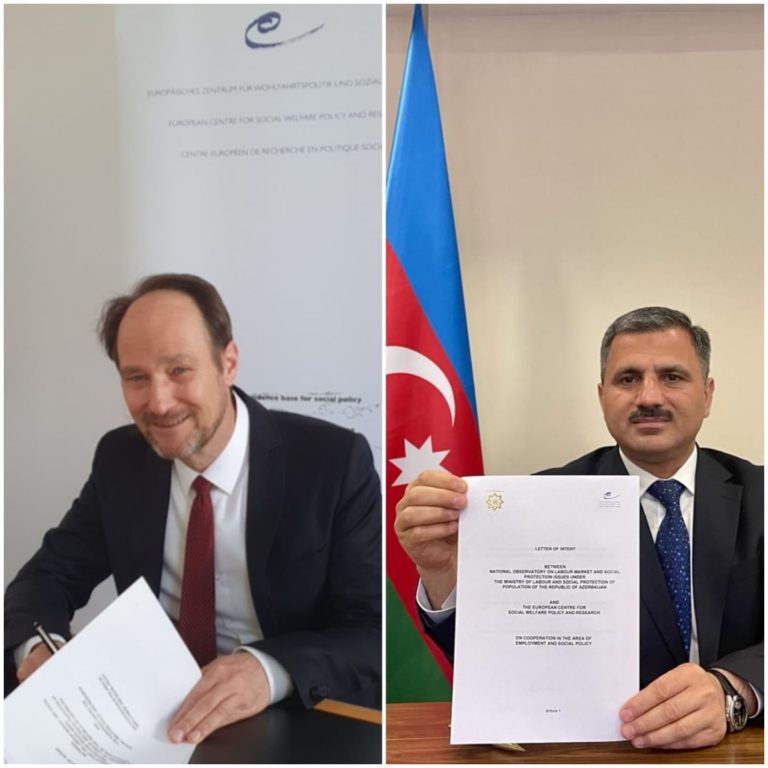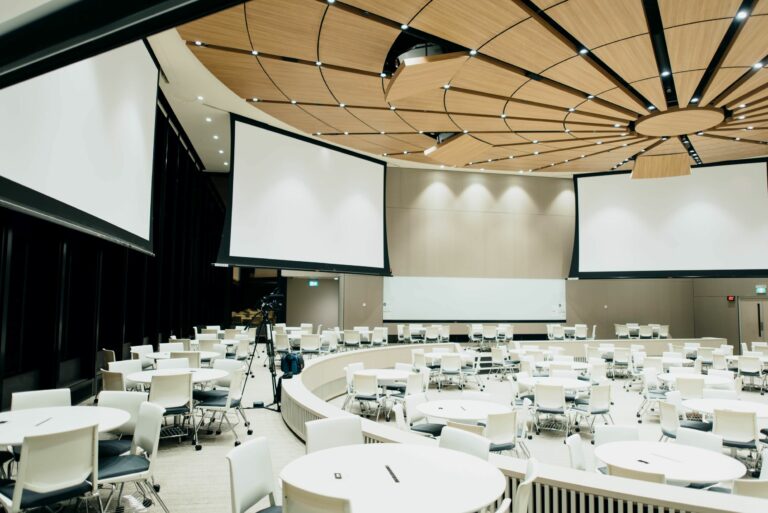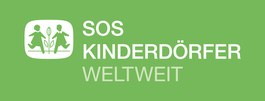Armenia: Government’s Response to COVID-19
Brief Information on the Armenian Government’s Response to COVID-19
Ministry of Labour and Social Affairs of the Republic of Armenia
Since declaring a state of emergency on March 16 2020 due to the COVID-19 outbreak, the Government of the Republic of Armenia has undertaken a number of anti-crisis measures and initiatives to slow the spread of the virus, protect the population against infection and mitigate its negative impacts on the socially vulnerable groups.
Up-to date, the Government has introduced 22 socio-economic support programs aimed at addressing the needs and ensuring the proper social protection of the population mostly suffered as a result of the pandemic. These programs, in accordance with the defined criteria, inter alia, include provision of a financial support to families with children under 14 years old and socially vulnerable families with children under the age of 18, families eligible for family and social benefits, single or unemployed pregnant women, as well as dismissed persons, private sector employees and business enterprises mostly affected by the crisis. The response measures, in the presence of the stipulated terms and conditions, also envisage partial compensation of the communal expenses, as well as students’ education fees and loans. Social assistance has been provided to various socially vulnerable population groups in cooperation with international organizations, including financial assistance in a form of cash payments, food baskets, disinfection and hygienic materials.
Steps have been carried out to improve the quality and targeting of the provided support services. These activities include arrangement of delivery of pensions and social benefit packages to beneficiaries, so that they can receive them without leaving home. The Ministry of Labour and Social Affairs has put into operation a new hotline for answering the questions of citizens related to support programmes provided by the Government. From March to July 2020, the average monthly number of calls was 18,000. However, in April, due to the newly commenced social response programs, the average daily number of calls was between 30,000 to 35,000.
All relevant measures have been undertaken to prevent the possible spread of COVID-19 in 24-hour social care and protection institutions, ensure the security and safety of their residents as well as provide a full range of services. At daily support centres food baskets have been provided for vulnerable children-recipients of services. To ensure the continuity of services during the state of emergency in response to the pandemic, social-psychological, knowledge and skills development services have been provided remotely to persons with disabilities at daily centres that provide care and social-rehabilitation services. The specialists have carried out their works both concurrently and via video means of online platforms, such as Zoom, Viber and Facebook. For preparation of tasks, the tools of Google and Quizizz platforms have been introduced and applied.
In order to alleviate the impact of COVID-19 on persons with disabilities and to ensure their social protection, a number of measures have been applied, including the prolongation of the validity of the disability status without the need to reassess it as originally stipulated in the law, which means that people with disabilities will continue to receive the assistance as prescribed by the law. Taking into account the difficulties caused by the restrictions on movement during the state of emergency, the validity period of the state certificate for obtaining the assistive means for persons with disabilities has also been extended.
More detailed information on the state programs to address social and economic impacts of COVID-19 can be found on the website of the Government of the Republic of Armenia.





